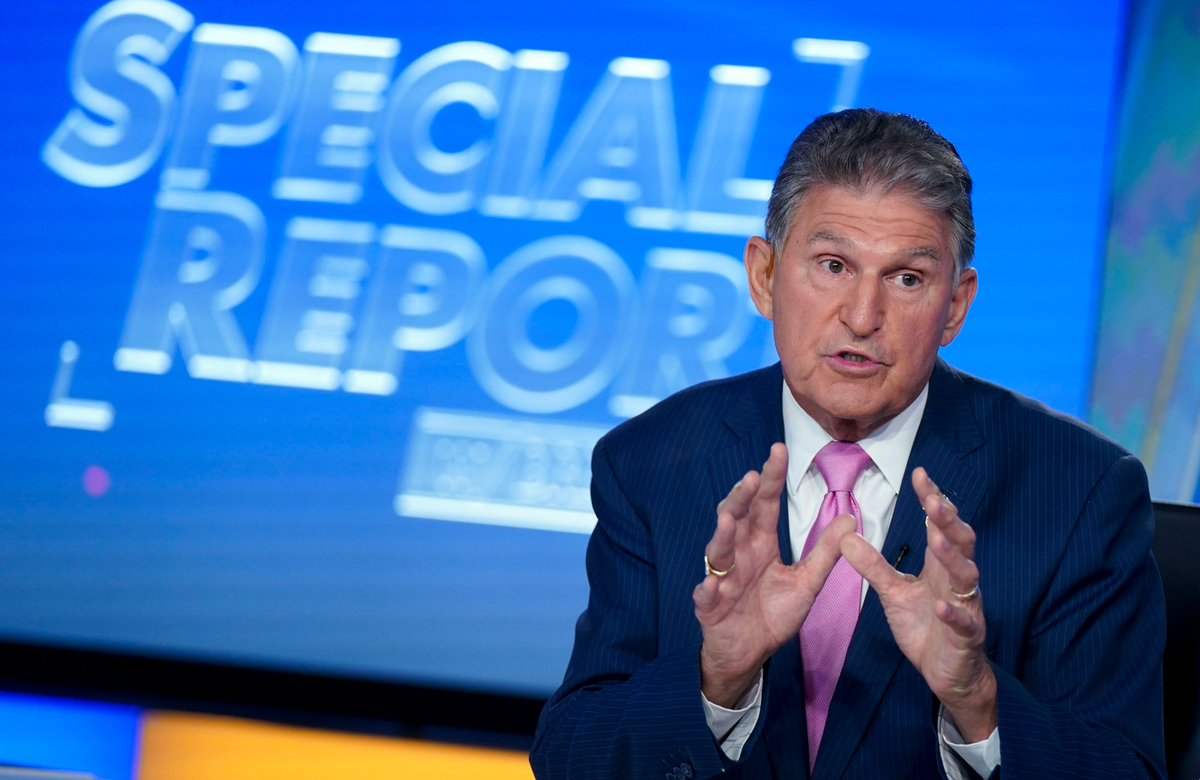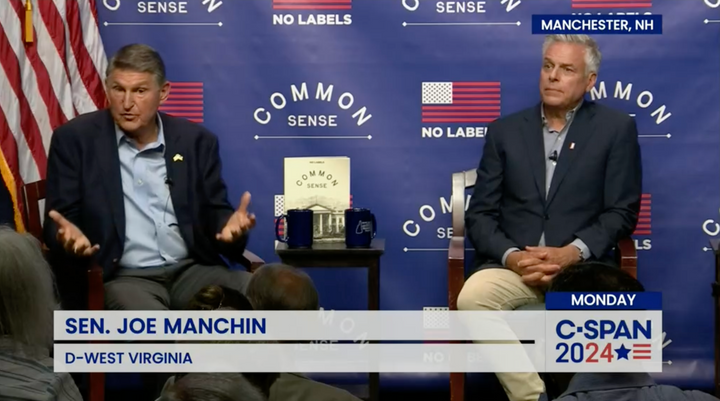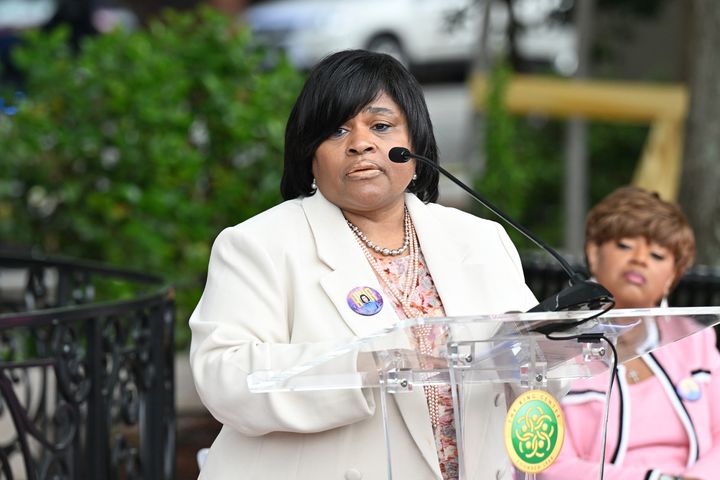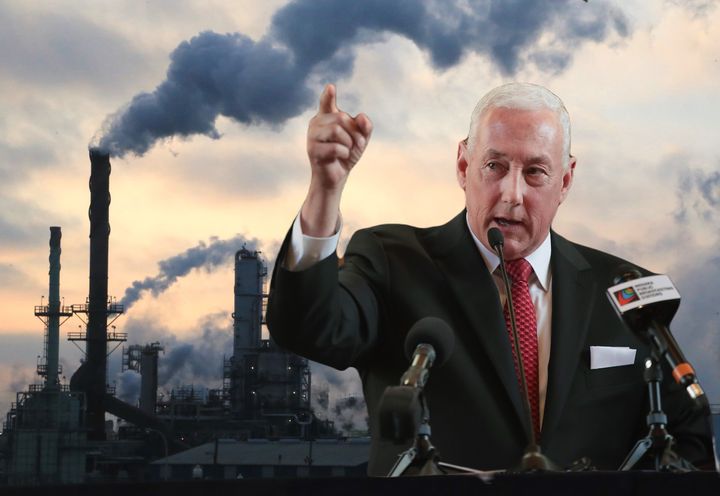No Labels Makes Initial Investment in Bipartisan Presidential Ticket
The dark money group has spent millions of dollars preparing for a possible ticket with Sen. Joe Manchin as its presidential nominee in the event of a Biden-Trump rematch.

The dark money group No Labels has put millions behind its plans to run a bipartisan unity presidential ticket if the 2024 nominees are Joe Biden and Donald Trump.
Tax documents obtained by Sludge show that No Labels transferred $2.4 million in 2021 to an unknown organization that appears to be tied to the effort, which they describe as an “insurance policy” against divisiveness. The organization, named Insurance Policy for America, is based at the same office address as No Labels in Washington, D.C.
No Labels did not respond to questions about who runs Insurance Policy for America, or other questions about its plans for a presidential ticket...



